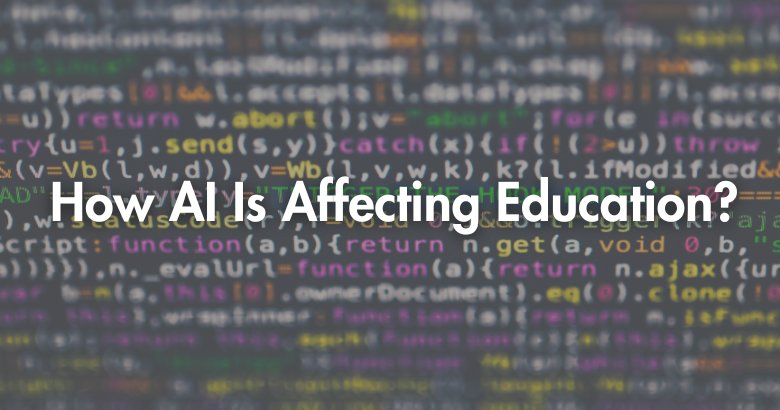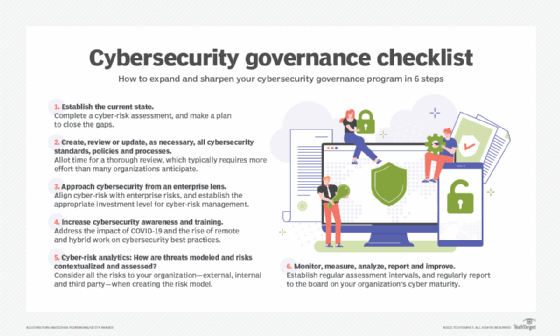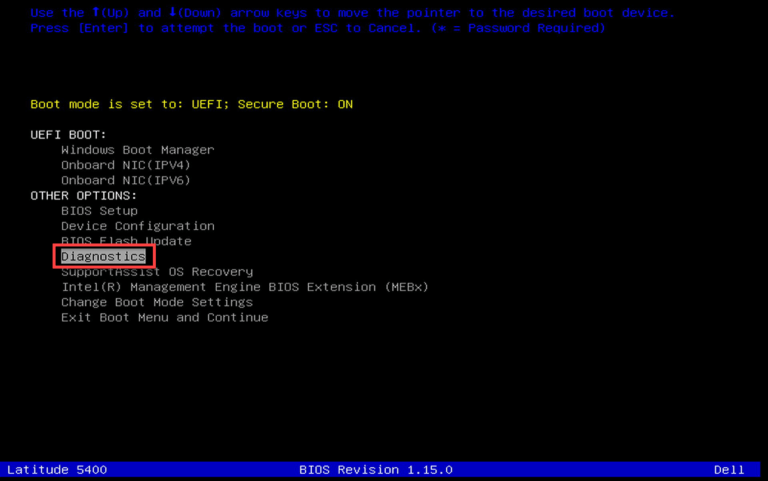
The integration of Artificial Intelligence (AI) into the education sector is poised to bring about transformative changes. As AI continues to evolve and assert its dominance across various industries, its implications for education are profound.
Drawing insights from multiple sources, this article delves deep into the potential benefits, challenges, and ethical considerations of AI’s role in education.
Understanding AI’s Role in Education
AI refers to machines’ ability to perform tasks that typically require human intelligence. Over the years, AI has evolved significantly, with machine learning and deep learning algorithms becoming more sophisticated.
These algorithms can understand language, recognize patterns, and make decisions based on vast amounts of data. In the realm of education, AI’s potential is vast, from personalizing learning experiences to automating grading systems.
Current AI Applications in Education
While AI’s full potential in education is yet to be realized, several applications are already making a mark:
- Artificially-Assisted Learning: Platforms like Duolingo combine human expertise with AI to enhance the learning experience. This blend of human intelligence and AI is expected to dominate the next few years.
- Adaptive Learning: Tools like Knewton use AI to customize educational content, offering a more personalized learning experience than traditional methods.
- Communication Tools: Platforms like Ocelot use AI-driven communication methods, such as chatbots, to enhance student retention and success.
- Assistive Technologies: Companies like Google and Microsoft are developing technologies that will aid both teachers and students, emphasizing critical thinking and problem-solving skills.
Revolutionizing Traditional Education
Traditional education models, where students passively receive information, are set for disruption. AI can track individual student progress and tailor teaching methods accordingly.
This personalization will allow teachers to understand students’ needs better and provide real-time analytics on their performance. The emphasis will shift from rote memorization to application, critical thinking, and problem-solving.
Challenges and Ethical Implications
- AI-Powered Cheating Tools: The rise of AI tools that can quickly generate essays or complete assignments poses a challenge. Educators will need to emphasize skills that are hard for AI to replicate, such as critical thinking and creativity.
- Bias in AI: AI algorithms can be biased based on the data they are trained on. This bias can lead to unequal educational opportunities and perpetuate existing inequalities.
- Replacing Human Teachers: While AI can assist teachers, the concern is whether they might eventually replace them. However, the consensus is that teachers will use AI tools to supplement their teaching rather than replace it.
Future of AI in Education
The integration of Artificial Intelligence (AI) into the education sector is not just a passing trend; it’s a transformative force that promises to reshape the way educators teach and students learn.
As we look ahead, several key developments and trends suggest a future where AI plays an even more integral role in education
- Personalized Learning: One of the most significant advantages of AI is its ability to tailor educational content to individual students. In the future, AI-driven platforms will be able to assess each student’s strengths, weaknesses, preferences, and pace, creating a truly personalized learning path. This means that two students in the same class might have entirely different learning experiences, each optimized for their unique needs.
- Smart Content Creation: AI will revolutionize content creation, from customized reading material to smart study guides. For instance, textbooks will evolve into interactive AI-powered platforms that generate content in real-time, adjusting to the learner’s level and needs. This will make learning more dynamic and engaging.
- Automated Administrative Tasks: Teachers often spend a significant amount of time on administrative tasks, such as grading and attendance. AI can automate these processes, allowing educators to focus more on teaching and less on paperwork. This not only saves time but also ensures more accurate and consistent evaluations.
- Global Classrooms: With AI-driven translation tools, language will no longer be a barrier to learning. Students from different parts of the world can learn together in real time, with AI instantly translating lectures and discussions. This fosters a more inclusive and diverse learning environment.
- Enhanced Tutoring Systems: While human tutors will always be invaluable, AI-powered tutoring systems will become more sophisticated, offering students additional support outside of classroom hours. These systems will be available 24/7, ensuring that students can get help whenever they need it.
- Emotion Recognition: Future AI tools might be able to recognize when students are frustrated, confused, or bored. By analyzing facial expressions, eye movements, and other cues, these systems can adjust content or notify educators when a student might need additional support.
- Ethical and Responsible Use: As AI becomes more prevalent, there will be a greater emphasis on its ethical use. This includes ensuring data privacy, avoiding biases in AI algorithms, and making sure that AI tools are accessible to all, regardless of socio-economic status.
- Lifelong Learning: The future of education is not just about formal schooling. As the job market and world change, there will be a greater emphasis on lifelong learning. AI can play a crucial role here, offering personalized courses and resources to individuals throughout their lives, ensuring they always have the skills and knowledge they need.
- Collaboration Between AI and Educators: The future is not about AI replacing teachers but about AI and educators working hand in hand. Teachers will provide the human touch, emotional support, and expertise, while AI offers tools and resources to enhance the learning experience
However, challenges remain. AI models might not reflect true cultural diversity, and there’s a risk of these models not optimizing for student learning. Moreover, AI can sometimes provide incorrect responses, and rapid advancements in AI can lead to a motivation crisis among students.
FAQ
- What is Artificial Intelligence (AI) in education?
- AI in education refers to the integration of machine learning algorithms and software into educational environments to enhance learning experiences, automate tasks, and personalize content.
- How can AI personalize the learning experience?
- AI can analyze individual student performance and preferences to tailor content, pace, and resources, ensuring that each student receives instruction suited to their needs.
- Are teachers at risk of being replaced by AI?
- While AI can assist in many educational tasks, the human touch, understanding, and emotional connection that teachers provide cannot be replicated by machines. Teachers are more likely to use AI as a supplementary tool rather than being replaced.
- How does AI combat cheating in educational settings?
- Advanced AI systems can detect patterns and inconsistencies in student work, helping to identify potential plagiarism or use of unauthorized AI tools.
- What are the ethical concerns regarding AI in education?
- Concerns include data privacy, potential biases in AI algorithms, the risk of over-reliance on technology, and the potential for AI to perpetuate existing educational inequalities.
- Can AI help students with special needs?
- Yes, AI can be tailored to provide personalized resources and tools for students with disabilities, ensuring they receive the support they need.
- How does AI impact the role of teachers in the classroom?
- AI can handle administrative tasks, analyze student performance, and provide resources, allowing teachers to focus more on one-on-one interactions, addressing individual student needs, and fostering a more interactive learning environment.
- Is AI in education expensive to implement?
- While initial setup and integration can be costly, the long-term benefits, such as reduced administrative burdens and enhanced learning experiences, can offset these costs. Additionally, as technology advances, costs are likely to decrease.
- How can educators ensure that AI tools are used ethically in classrooms?
- Educators should be trained on the potential pitfalls and biases of AI, ensure transparency in how AI tools are used, and prioritize student data privacy.
- What is the future of AI in education?
- The future will likely see a more seamless integration of AI tools in classrooms, with an emphasis on enhancing human-led instruction, personalizing learning experiences, and addressing global educational challenges.
In conclusion, while AI holds tremendous promise for revolutionizing education, it’s essential to approach its integration with caution, ensuring that the benefits are maximized while minimizing potential pitfalls. The goal should be to harness AI’s potential to create a more inclusive, personalized, and effective learning environment for all.






